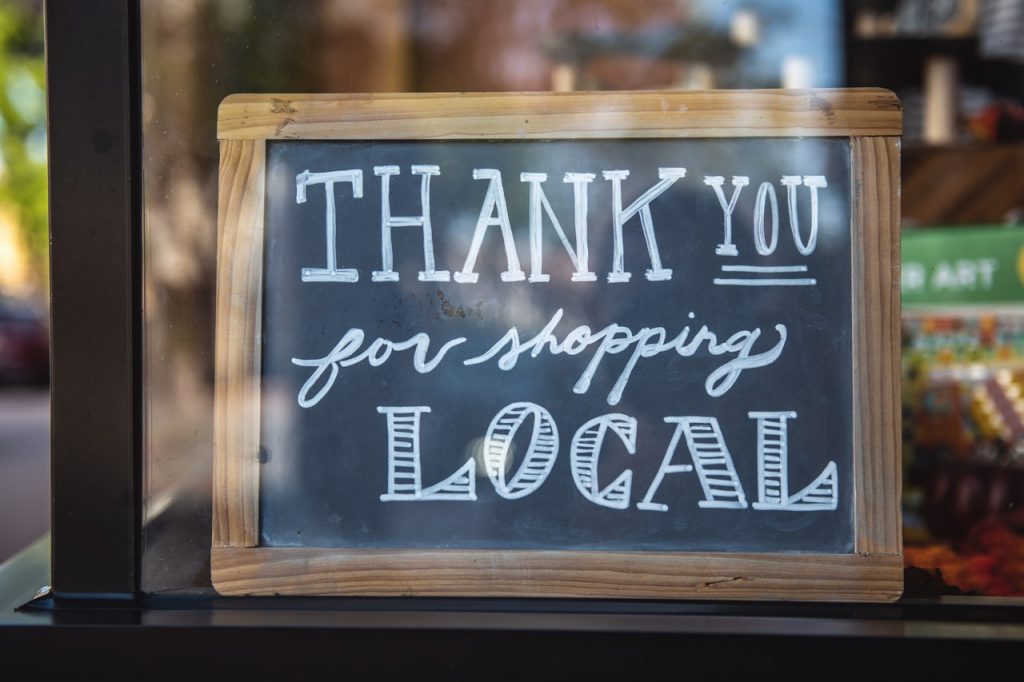- 0121 405 4405
- info@hub109.co.uk
- Mon - Fri: 9:00 - 18:00
Repurposing of our high streets and retail space will only work if there is sufficient high-quality local employment to support alternative uses proposed.

As we enter the lockdown 2.0 there has been nothing but doom and gloom news regarding the High Street. According to Local Data Company the number of retail units in the UK fell 7% between 2015 and 2020. Translated into numbers, it means that 32,500 more stores closed than opened. The net loss in the first half of 2020 is 7,834 which is ahead of every other year and not far short of the 9,169 lost in 2019. The number speak for themselves but some of the recent developments are also saying something too.
John Lewis, famous retailer is now turning to becoming landlord with plans for homes and offices across its shopping sites. Reuse and repurpose of its properties says much about crisis gripping physical stores but also hints about changing shape of the High Streets.
In a lot of fortunate areas we have seen empty units replaced with cafes, however in those less well off we have seen numbers of empty units increase even more. This has left gaps that residential developers and office providers are looking to fill. According to some of the office provider companies they are looking at the future where there will be a lot less commuting, with more people working in local communities and less in places like London. Their bet is that office demand in coming years will be on suburban high streets instead of city centres.
Some of the large companies are already considering relocating staff to to a network of smaller/local offices rather than keeping them in large central offices. They are aware that employees have become wary of public transport and even the time spent on commuting. The plan would be to take units on the high street and with a bit of work turn them into offices that are suitable for up to 15 people. Some of the residential developers see the high street as the fertile ground for development with the aim of bringing people and commerce back to town. As a result of coronavirus and recent changes to planning system which make it easier to convert commercial properties to residential use, change on the high street has accelerated.
Chairman of High Streets Task Force (group commissioned by government to help revitalise town centres) Mark Robinson, said a shift in focus away from pure retail “has to be a good thing” for high streets. “Housing, offices, social and health care buildings and civic space, are all options, but getting there will not be easy”, he added. “I don’t think Covid has moved us closer to solutions that wouldn’t have happened anyway, but it has made clear we need a change to everything: from business taxes to the way we lease premises”, he said.
The government has created a £3.6billion Towns fund to finance regeneration in 100 towns and the review of business rates is under way. According to some critics who feel that repurposing of our high streets and retail space will only work if there is sufficient high-quality local employment to support alternative uses proposed. High-skilled, service-based jobs are usually based in city centres. This makes real estate expensive but business are prepared to pay the premium because tens and more thousands of people are drawn in every day. Struggling with costs, number of national retailers and casual dining chains have already announced big cuts to the space they occupy. Some of the others have looked to renegotiate rents with landlords in order to keep the presence. However, this may prove bitter pill to swallow for those with a stake in properties, from landlords, local authorities, banks pension funds will see value of their investments decrease considerably.
Crucial element in turning the fortunes of high streets around is in clear vision from local authorities but cuts in budget have made this harder. You need to have an idea of what you want your area to be and you need to consult with stakeholders ranging from local residents, businesses to community groups to find out what the needs and wants for the future high street are.
